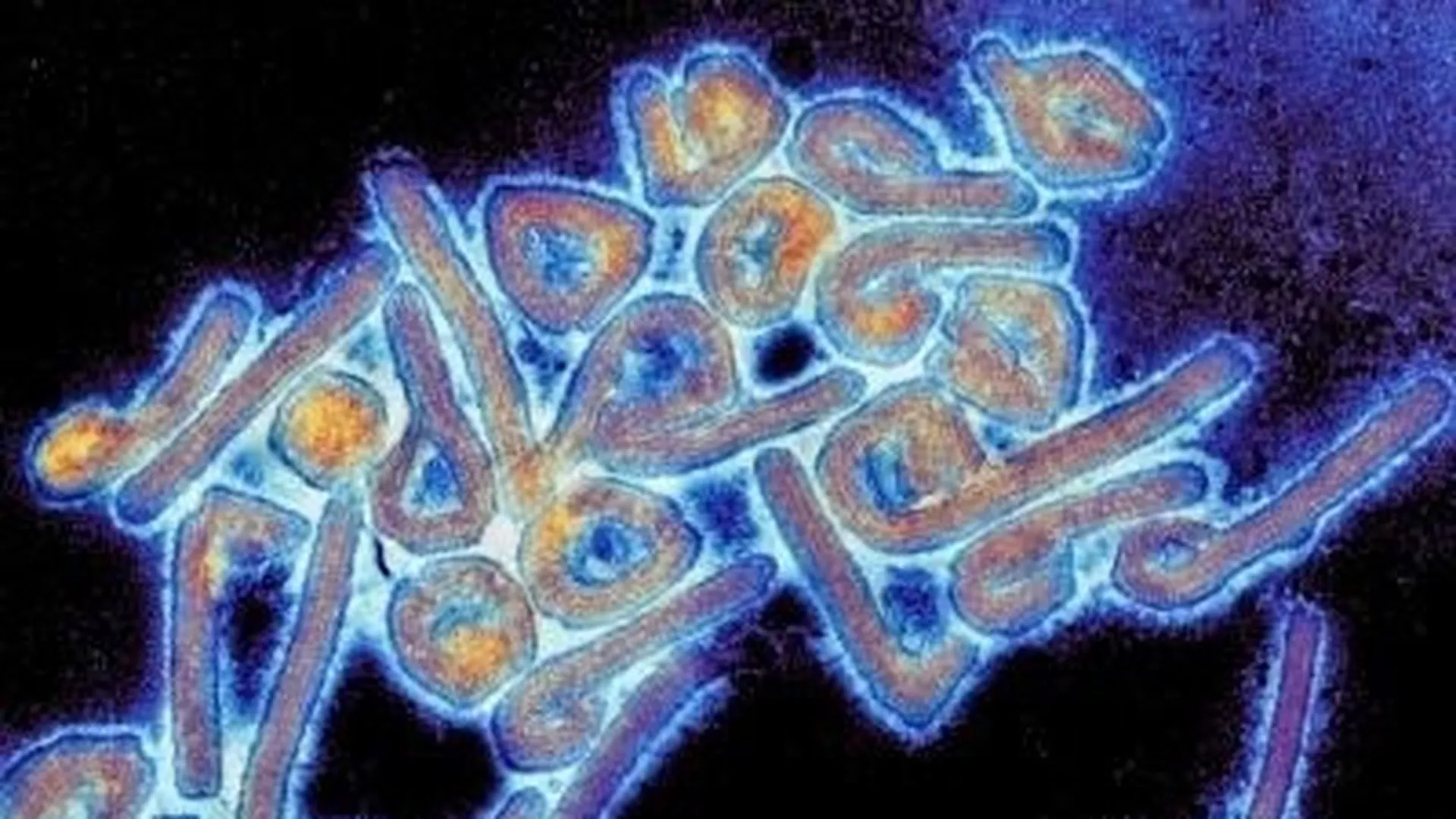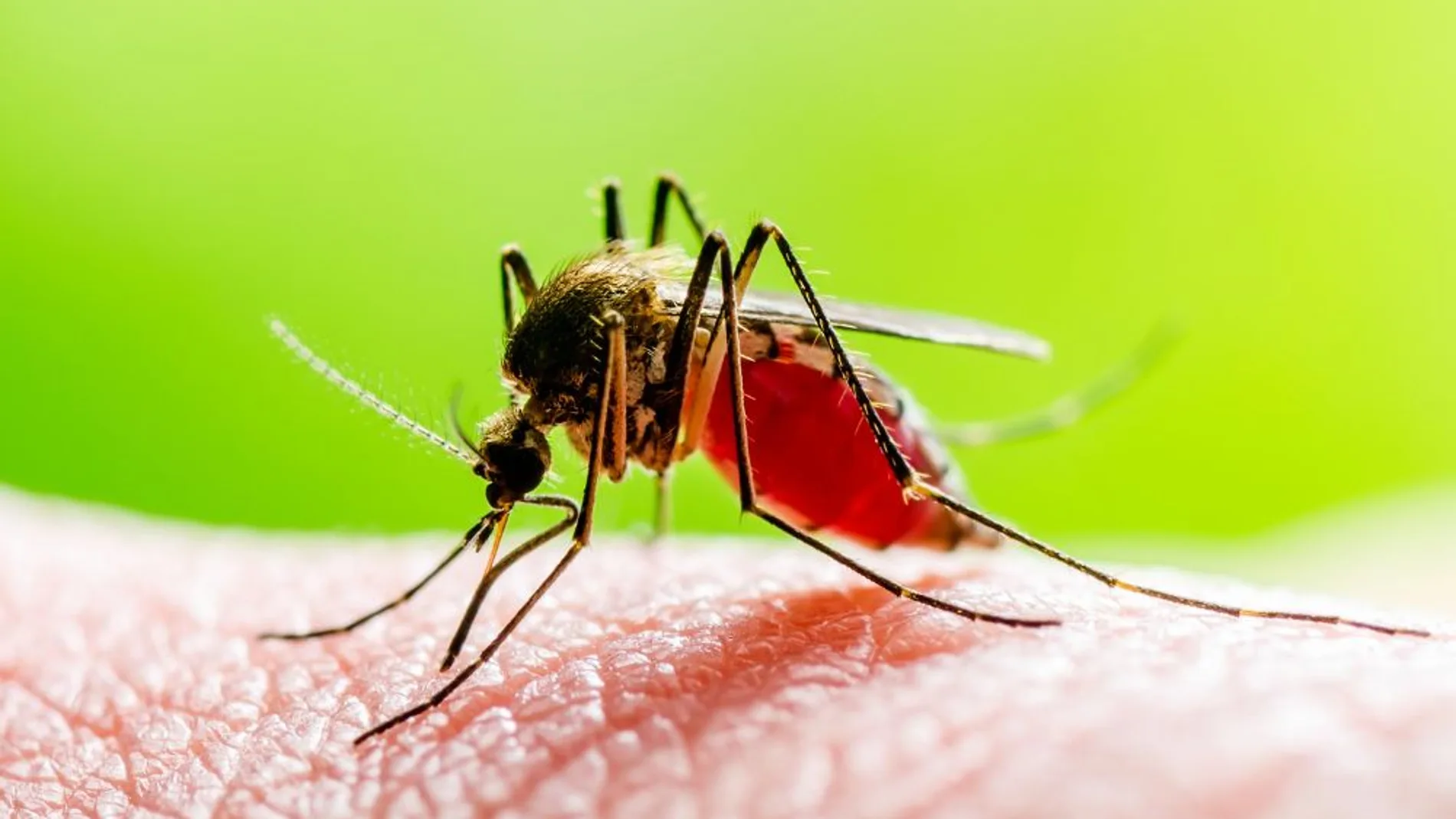The confirmation of the first autochthonous case of the Usutu virus in Spain, identified in a blood donation in Mallorca during the summer of 2024.virus, identified in a blood donation in Mallorca during the summer of 2024, has raised the alarm among public health specialists.
The case was detected in a donor who had no symptoms and had not traveled outside the Balearic Islands, indicating the presence of the virus in the natural environment of the island. The first tests confused it with West Nile virus due to the genetic similarity between the two, but the analysis of the Instituto de Salud Carlos III allowed to identify precisely that it was the Usutu virus.
What is Usutu virus and why is it related to West Nile virus?
Usutu virus belongs to the flavivirus family, the same group as West Nile virus. Both share a high percentage of genetic similarity, which can lead to crossmatching results in screening tests.
Usutu has been documented mainly in birds, which act as a natural reservoir, while mosquitoes (especially those of the genus Culex) are responsible for transmission. Although outbreaks in poultry have been reported in several European countries, human infections are rare and usually go unnoticed.
How the Usutu virus is transmitted

The main transmission mechanism is the bite of infected mosquitoes. These insects become infected when they feed on birds carrying the virus and can subsequently transmit it both to other birds and accidentally to humans.
So far, there is no evidence of direct human-to-human transmission, either by air, physical contact or body fluids. For this reason, prevention measures are focused on controlling mosquito populations and monitoring virus circulation in wild birds.
What are the symptoms
Most cases reported in humans are asymptomatic or produce mild symptoms, as was the case with the Mallorcan donor. However, in those who do develop clinical manifestations, the most frequent signs include:
-
Moderate fever
-
Headache
-
Skin rashes or eruptions
-
Muscle and joint pain
-
Persistent feeling of tiredness
Although rare, the Usutu virus can cause serious complications, especially in immunocompromised individuals:
-
Encephalitis (inflammation of the brain)
-
Hepatitis
-
Neurological alterations requiring urgent care
The specialists point out that, despite its infrequent detection, the Balearic Islands case demonstrates that epidemiological surveillance must remain active in the presence of the virus in local mosquitoes.








